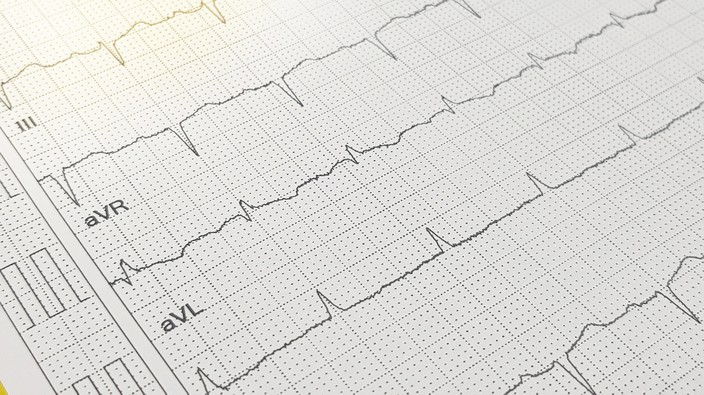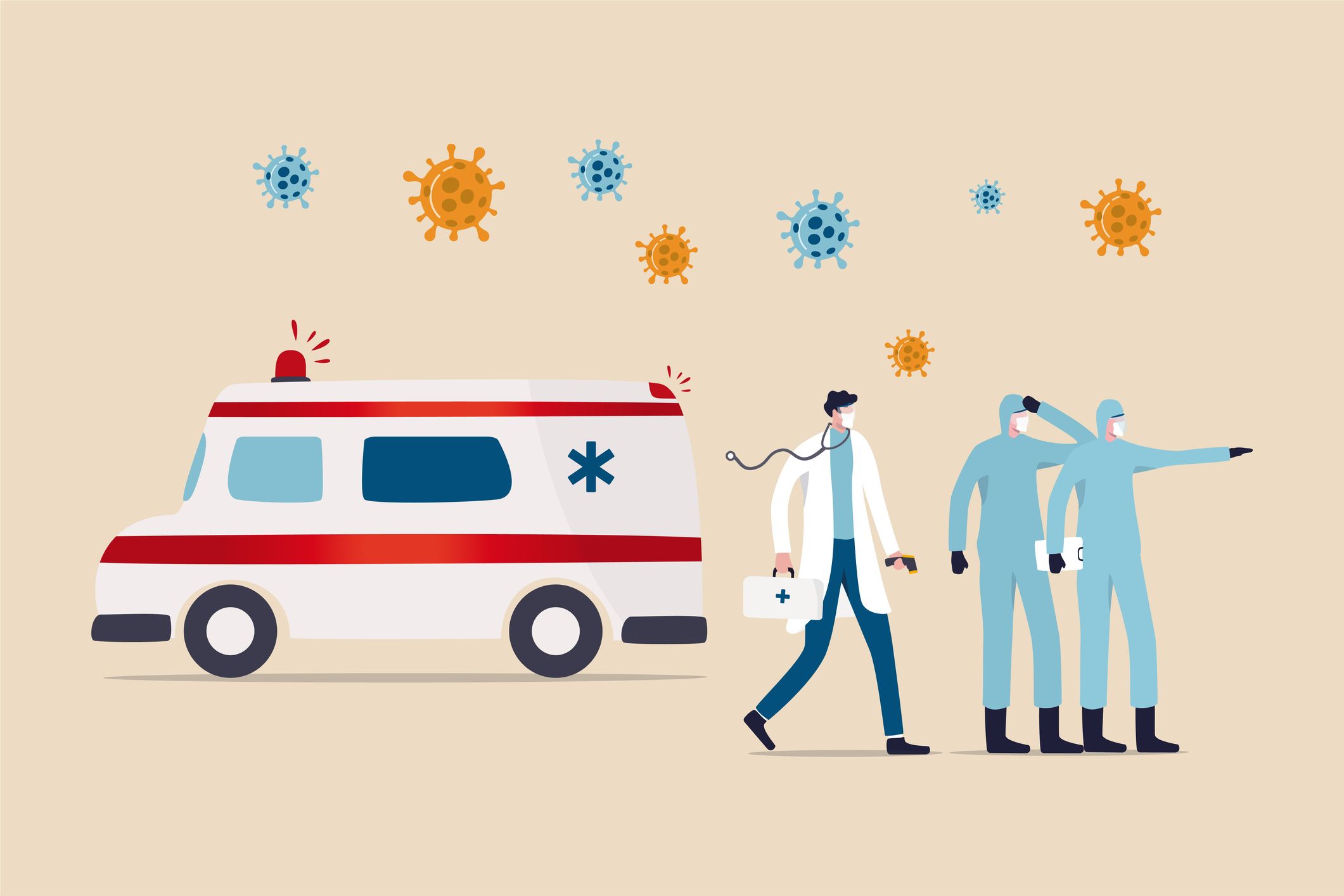earlier studies from china have also suggested
covid-19 is associated with a high incidence of cardiac arrhythmias
, especially in critically ill patients. that study reported 44 per cent of individuals with severe illness had arrhythmias.
in this study, researchers looked at 700 patients with covid-19 who were admitted to the hospital of the university of pennsylvania between early march and mid-may. the average age of patients was 50 years, and black patients made up more than 70 per cent of the cohort.
they found a total of 53 cardiac events: nine patients suffered cardiac arrest, 25 patients with atrial fibrillation who required treatment, nine patients with clinically significant bradyarrhythmias and 10 non-sustained ventricular tachycardia events. the team did not identify any cases of heart block, sustained ventricular tachycardia or ventricular fibrillation.
this study provides more insight into the role of covid-19 in the development of arrhythmias, including an irregular heart rate (atrial fibrillation), slow heart rhythms (bradyarrhythmia) or a rapid heart rate that stops by itself within 30 seconds (non-sustained ventricular tachycardia).
heart rhythm issues happen when the electrical impulses that coordinate heartbeats don’t work properly> it can cause your heart to beat too fast, too slow, or irregularly. if left untreated, cardiac arrhythmias can lead to serious medical conditions, including stroke and cardiac arrest.
 3 minute read
3 minute read









